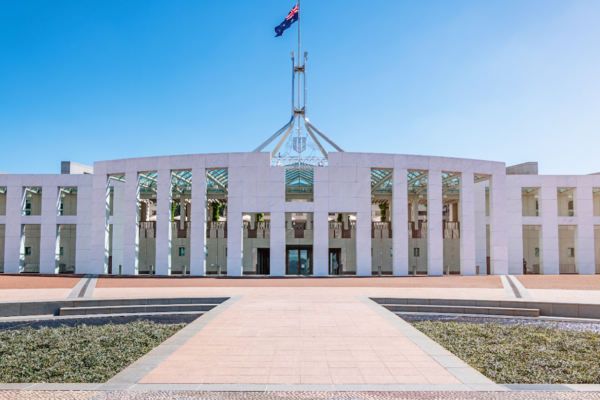When you come to Australia on a working visa like a 457, you will notice some differences in what working culture is like. While we can’t cover everything, here are the top things to be aware of as an employee new to Australia.
Your health care is not tied to your employment
This one will be a big difference to those who have come from the United States. Unlike in the US, in Australia everyone can access health services as and when they need them. You don’t need insurance to get this benefit, because the government gives it to you if you are entitled to it.
You can read more about when you are eligible to apply for Medicare on our post here.
Your employer will pay 9% superannuation, which you get when you retire
One of the benefits of Australian culture is that your employer must pay 9% superannuation (known to Aussies as “super”). You can access your funds once you’re of retirement age. The 9% is in addition to your income. This is why a ‘salary package’ often includes your income, plus your superannuation benefit. It’s important to understand this difference between your take-home pay and your ‘salary package’.
The language is different
Sure, we all expect that Australian English will be different. It is critical, though, if you work in an office and are required to write emails, reports, or customer-facing materials, to get some critical things right.
The first thing to remember is how words end. For example:
- -our endings. Use ‘colour’ not ‘color’
- -ise endings. Use ‘realise’ not ‘realize’
And, while pronunciation will vary because of your accent, always remember to pronounce the letter ‘z’ as ‘zed’ not ‘zee’. It will save you a lot of confusion, especially over the phone.
The second thing to remember is that written communications are started, and ended, with friendly greetings. It is much less formal in Australia than in other cultures. If you don’t do this, you may be perceived as being rude or angry.
Interpersonal friendliness is important… but you might be culturally lost
The friendliness of written communications feeds through into interpersonal communications. In meetings, it is expected that you will indulge in friendly interaction before getting into the business side of things.
You might find yourself at a loss as Australians talk about the weekend’s football or rugby match, or cricket, or other local pastime. It is often expected that you will be able to take part. If you can’t, don’t pretend: Aussies don’t like someone who fakes an interest.
Conversation and greetings are an important part of workplace culture
As with meetings and emails, it’s important to greet people in a friendly way when you come to work, and to spend some time in chatting with your colleagues. Communications in general are friendly in tone. You may be perceived as being rude if you dive straight into business.
We like to take time off
While this may not sound especially employer-friendly, it does impact on how much annual leave to expect. In general, Australian employees are entitled to four weeks of leave per year. If you are required to negotiate your employment terms for some reason, remember that four weeks is standard, and go from there.
At networking events, people will finish talking before greeting you
If you go to networking events, you can expect to walk up to two people in a conversation and often be ignored until they have finished speaking. When they have, they’ll greet you and bring you into the conversation. In some other cultures, especially Eastern cultures where you might be greeted immediately, this can be a bit of a shock.
Productivity is often high
In Australian workplaces, while we only work for eight hours, we work for eight productive hours. Employees tend to be focused on what they’re doing, and get a lot more done in a shorter space of time.
Lunch breaks are your own time
While in some cultures it is not ‘done’ to leave the premises during lunch, in Australia your lunch time is your own time. Provided you are back where you need to be, and are working by the time your break is over, what you do on your lunch break is up to you. This is industry dependent, of course, but in general you are not restricted while on a break.
Criticism is often sugar-coated, or hard to spot
In Australia, people get upset if they feel that you are criticising them or their work. To get around this, the most common tactic is to “sugar coat” things. This means that a critique will be sandwiched between good commentary.
An example might be something like this:
“Thank you for your extensive work, we appreciate it being on time. There are some things that need changing [insert critique]. Keep up the good work.”
If you aren’t aware of this type of structure, you might find yourself feeling that the work was good, rather than needing to be adjusted.




